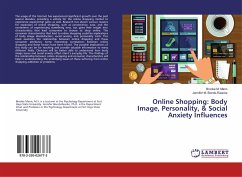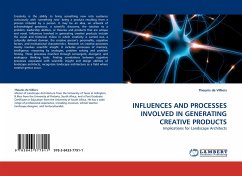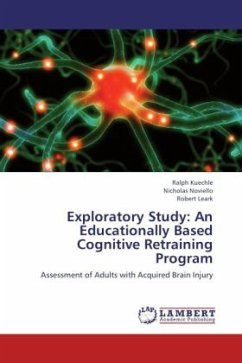An increasing number of today s children and adolescents grow up in single parent and blended families. Many studies focus on the negative consequences of divorce on adolescent identity development. This empirical study examines the impact of family structure and functioning on identity development in its various domains. Findings revealed that young college students from non-original families seemed less socially integrated than others, and had fewer individuals to provide them with identity relevant information. Cognitive openness was the best predictor for identity exploration in the ideological and interpersonal domains, while the best predictor for commitment was the perceived importance of a particular identity domain. Family structure revealed one small direct effect on predicting identity commitment in the interpersonal domain. This book provides insight to those seeking to understand the complexity of identity formation in the light of current shifts in family structure,and should be useful to psychologists, parent educators, social workers, and other professionals interested in families, adolescents, and young adults.
Bitte wählen Sie Ihr Anliegen aus.
Rechnungen
Retourenschein anfordern
Bestellstatus
Storno



